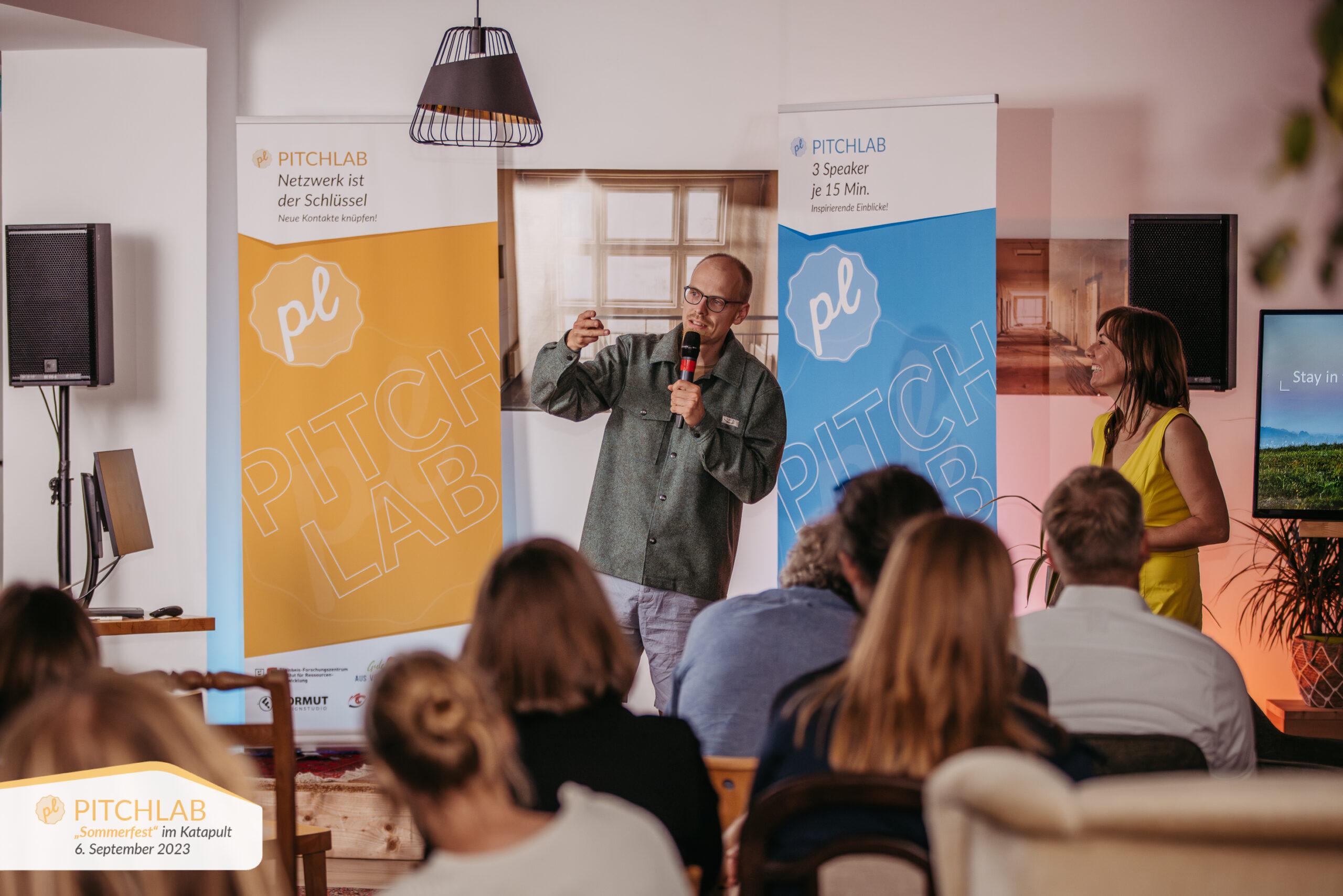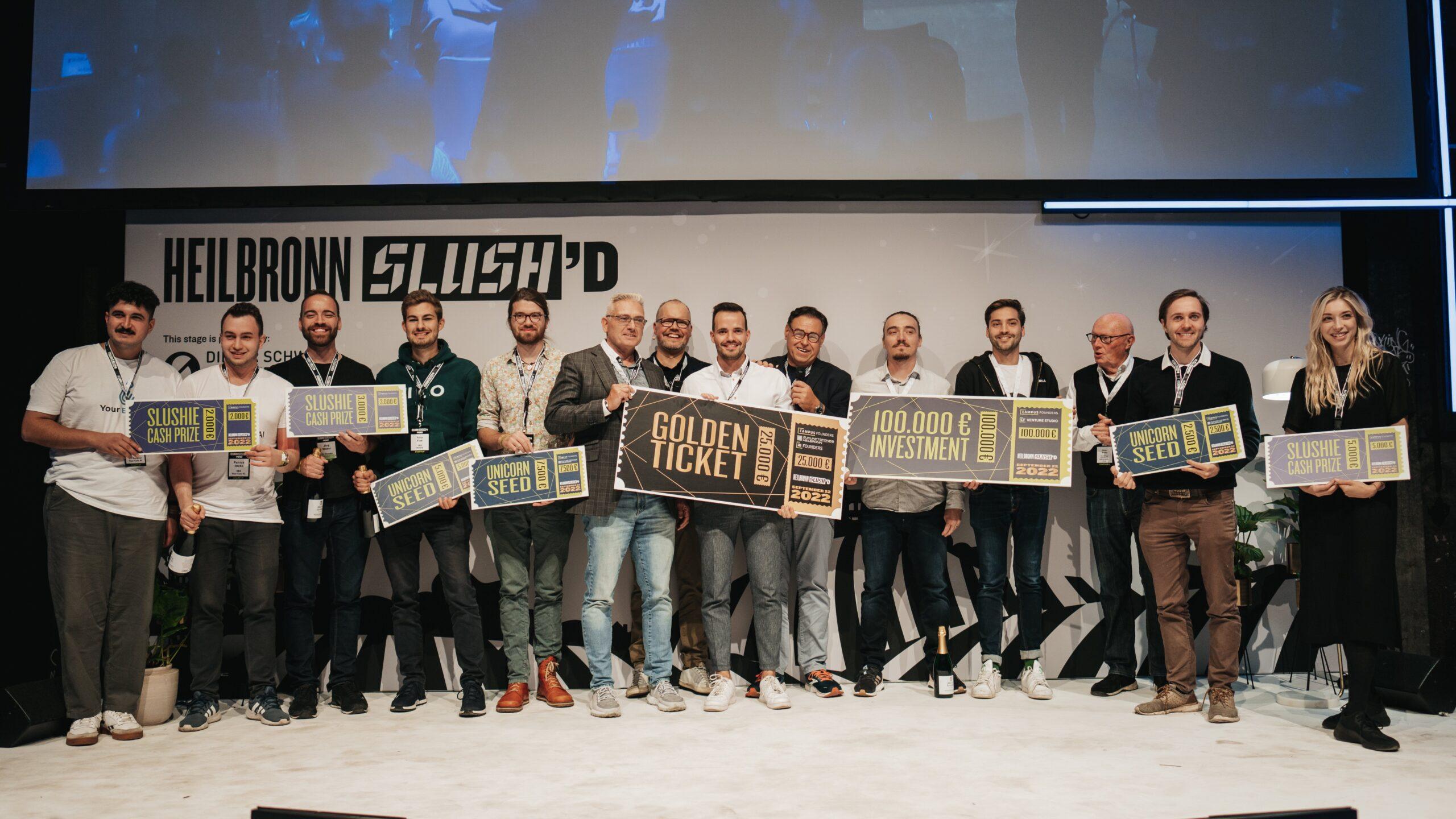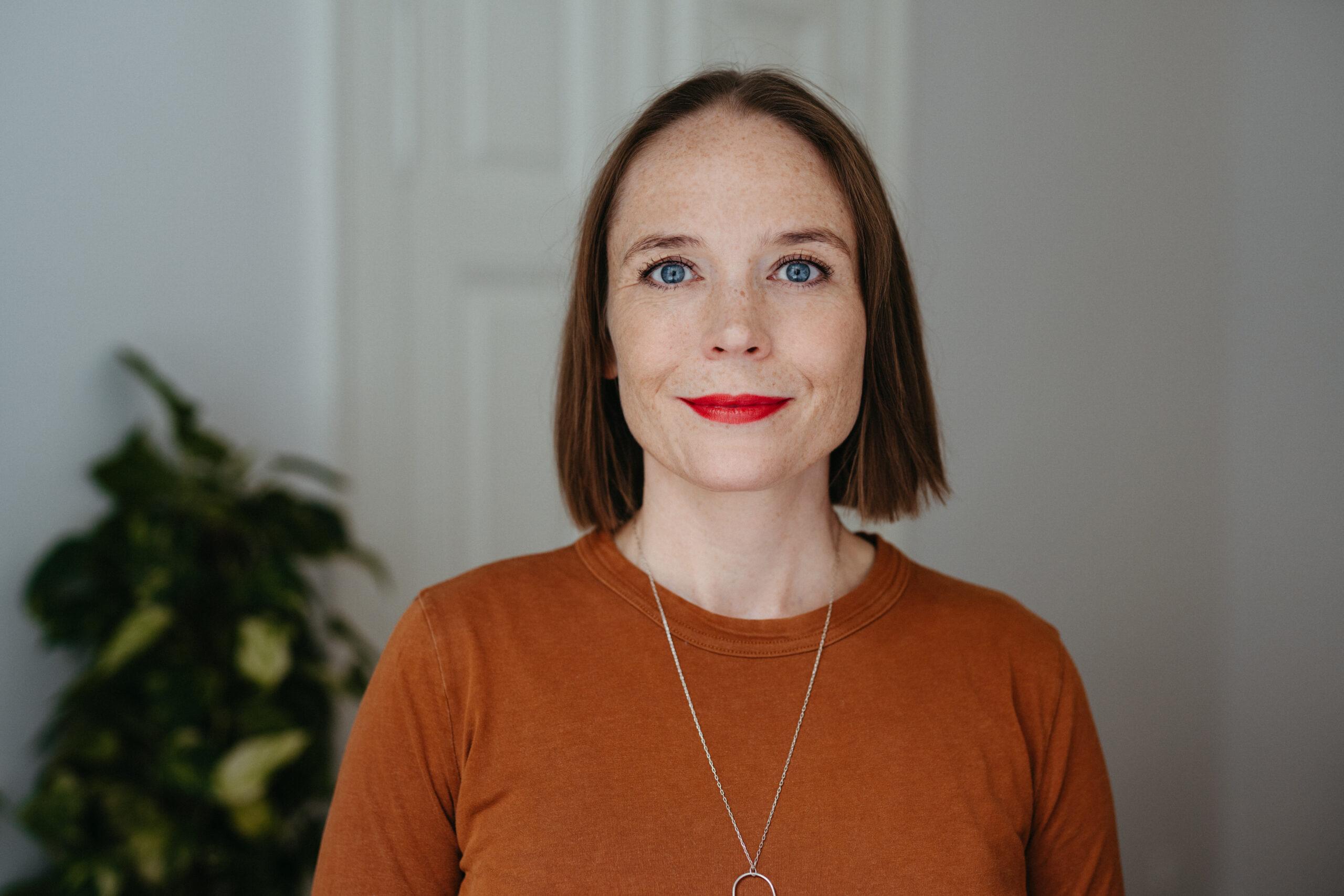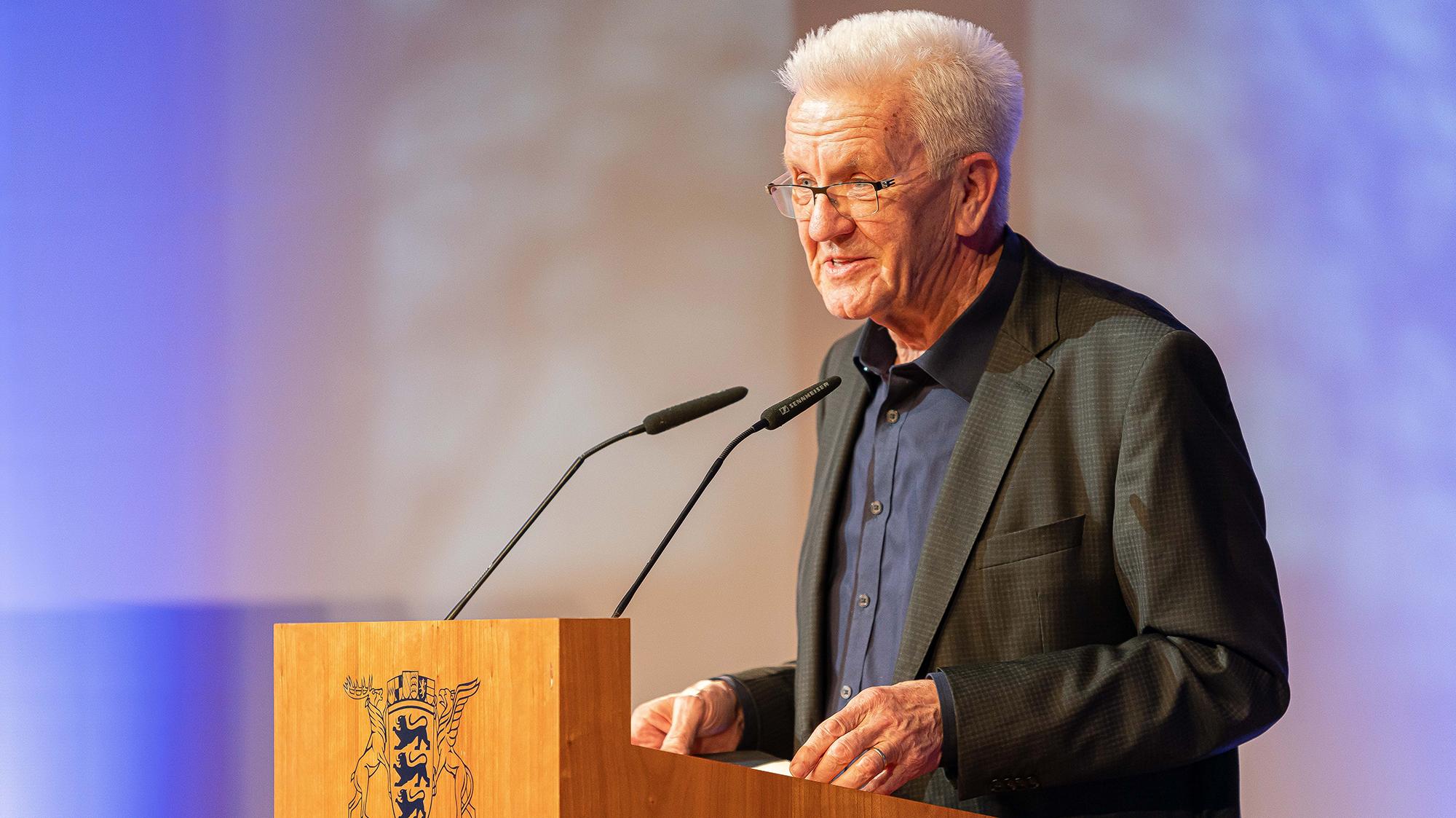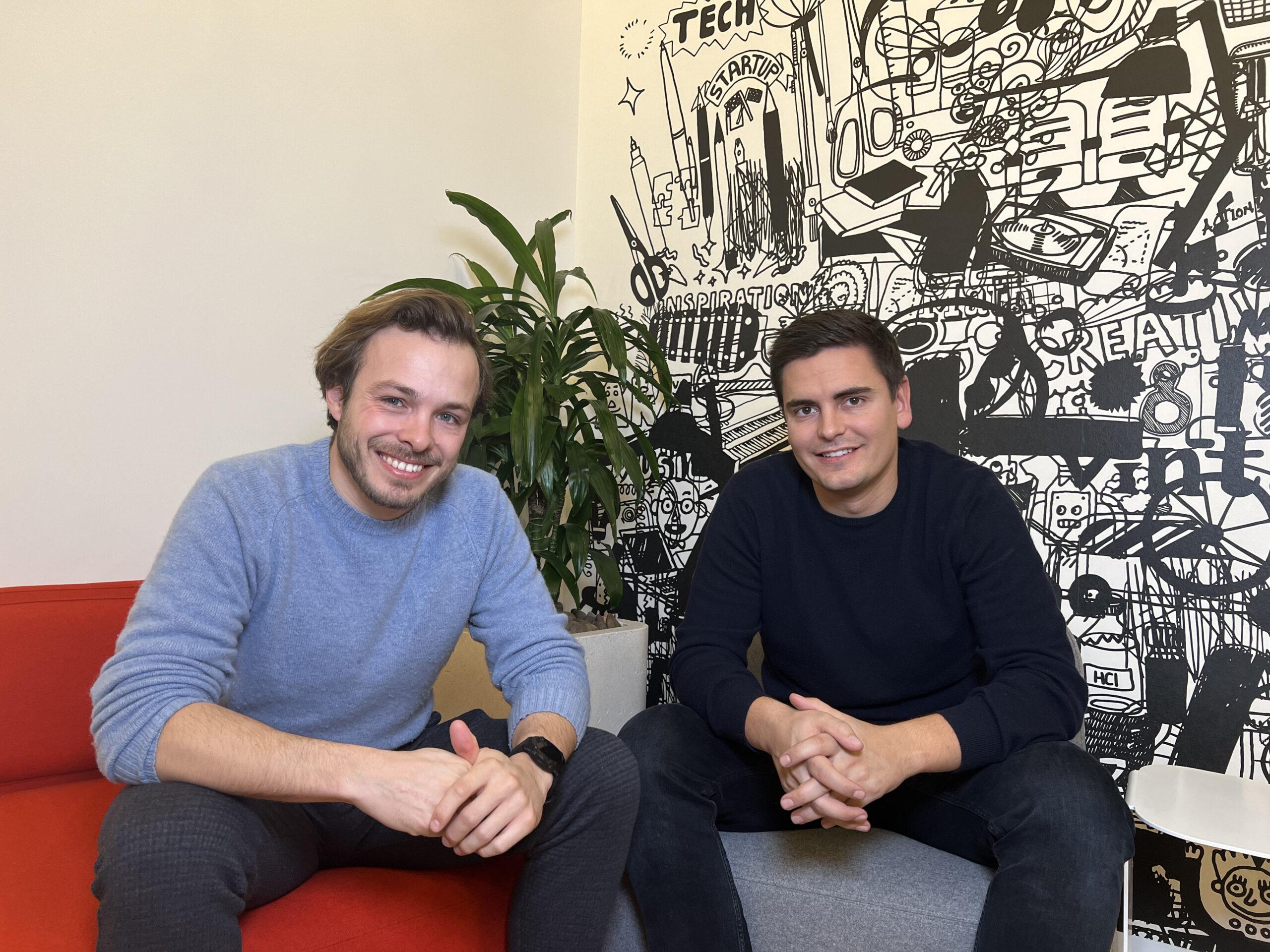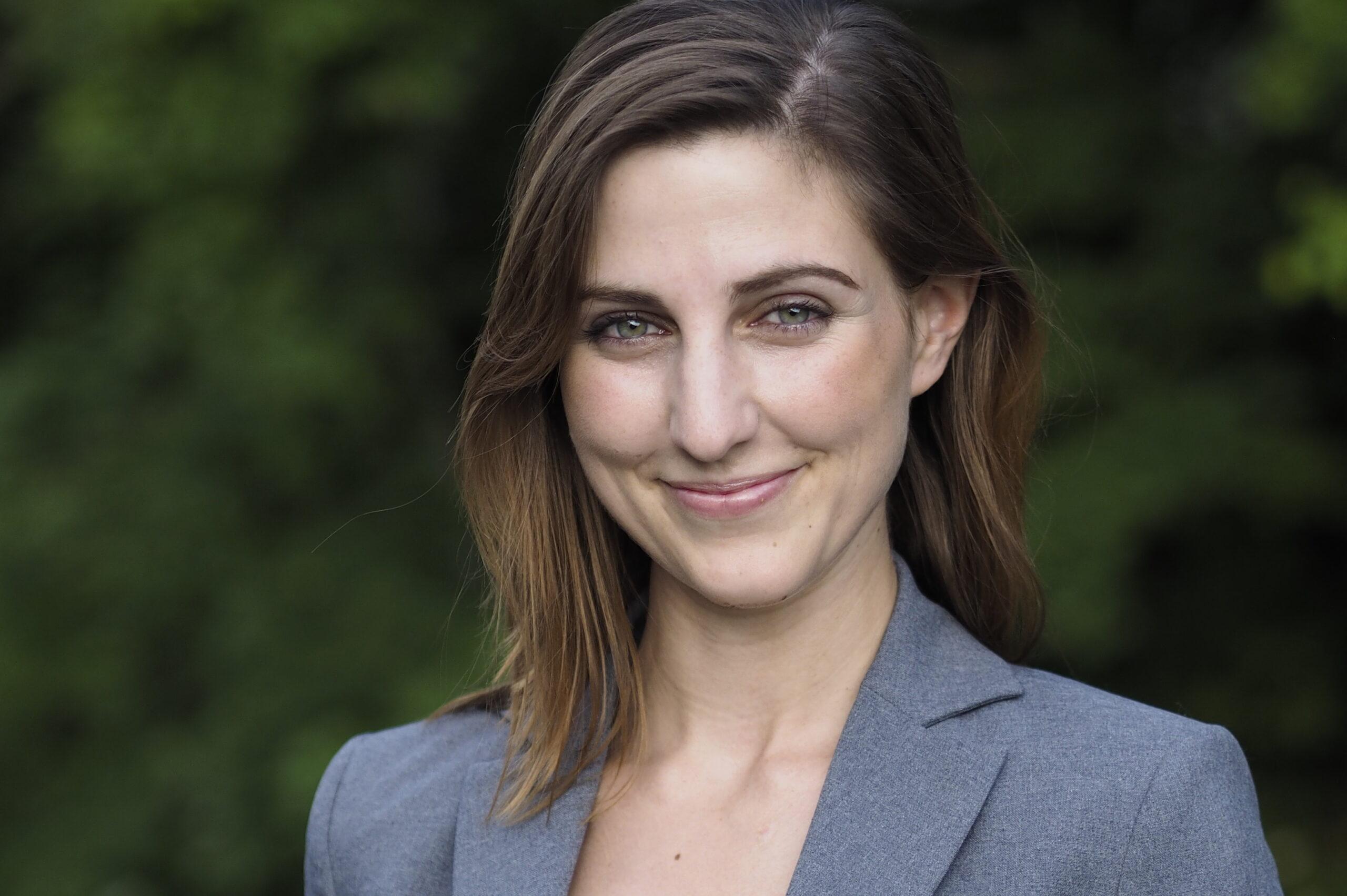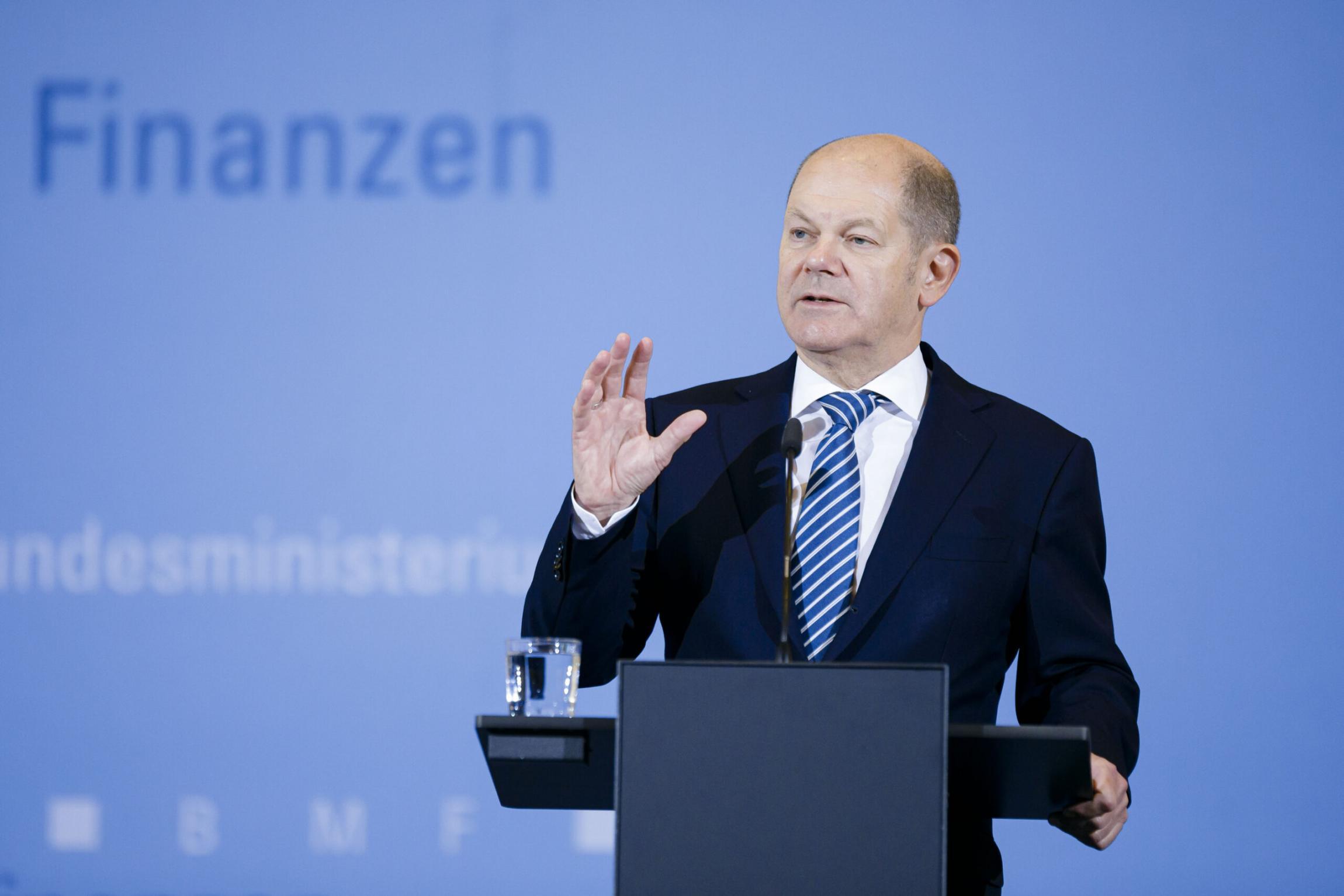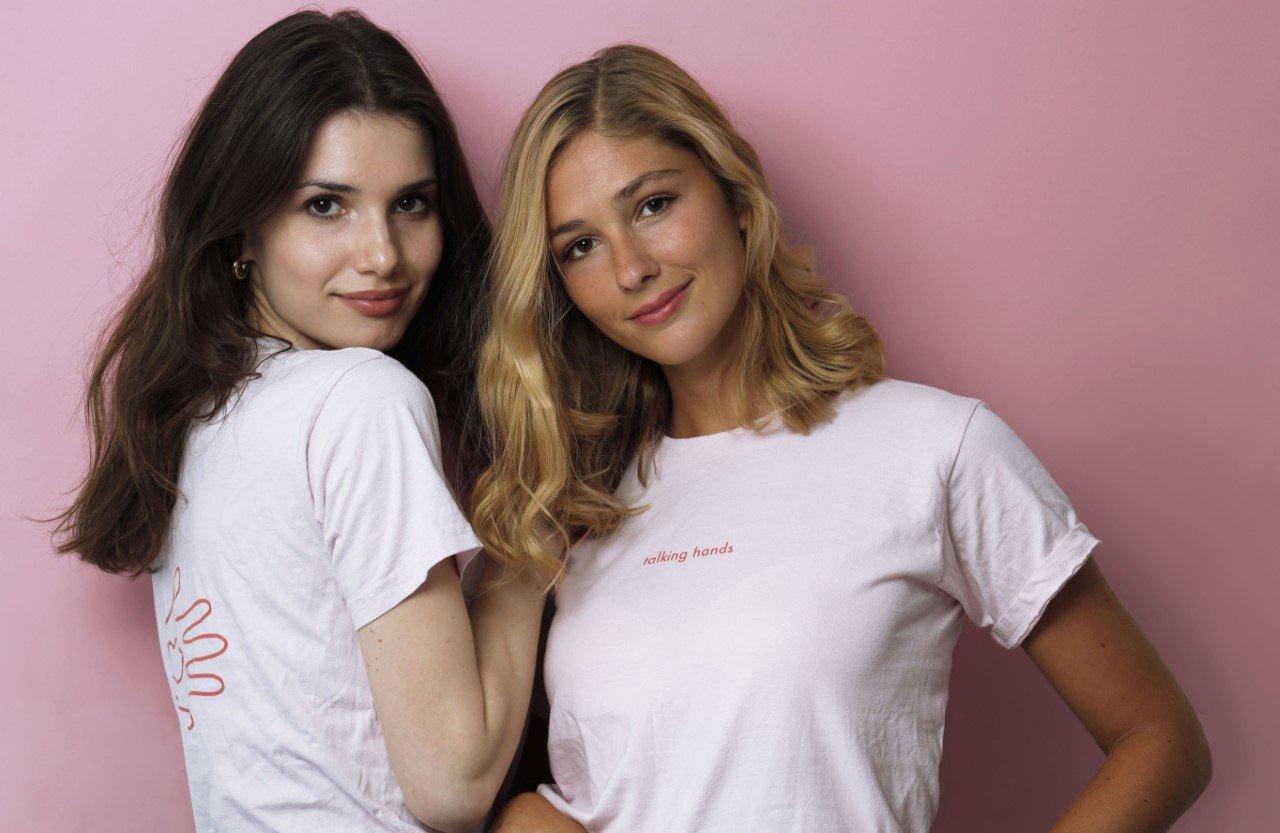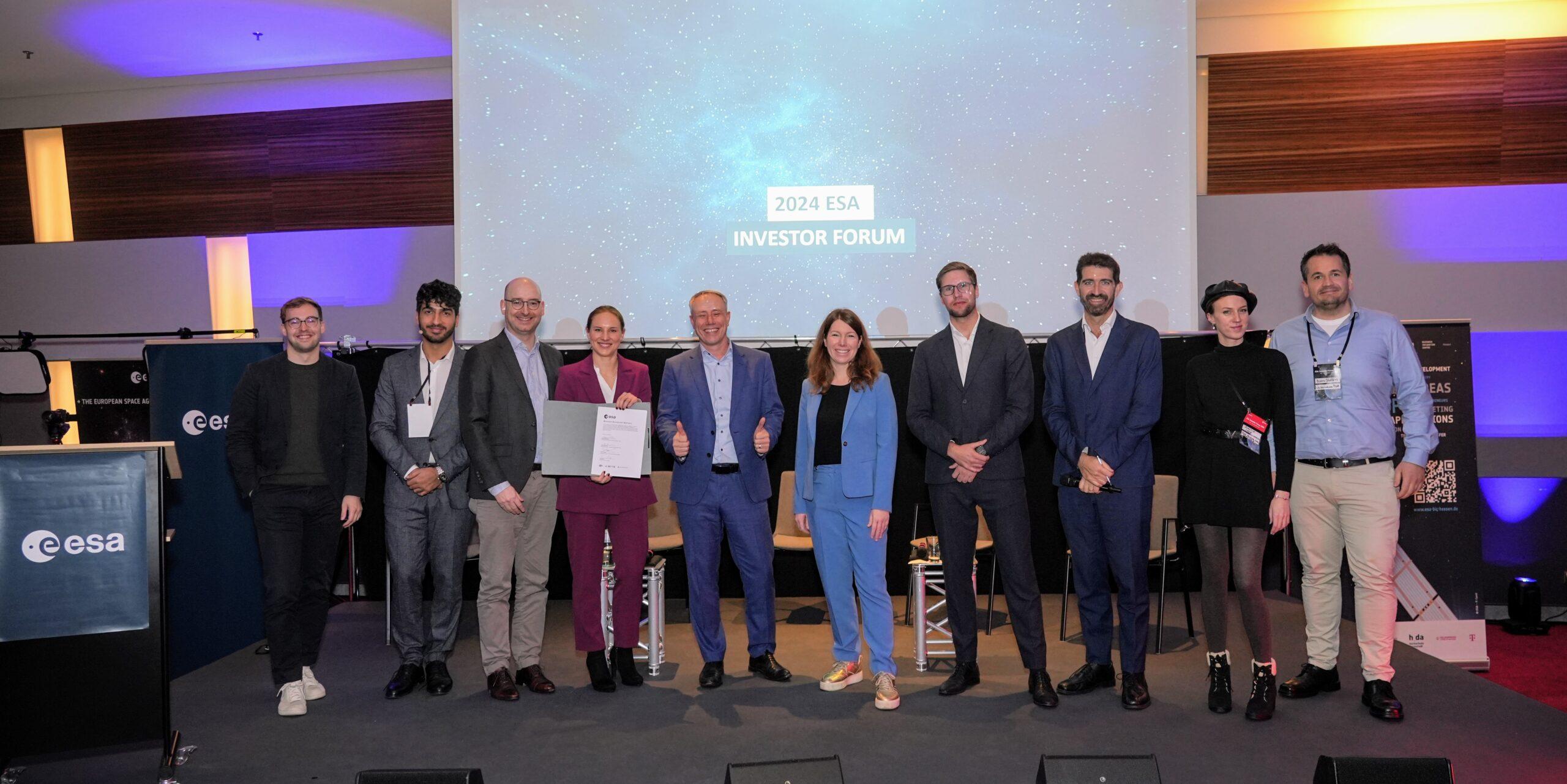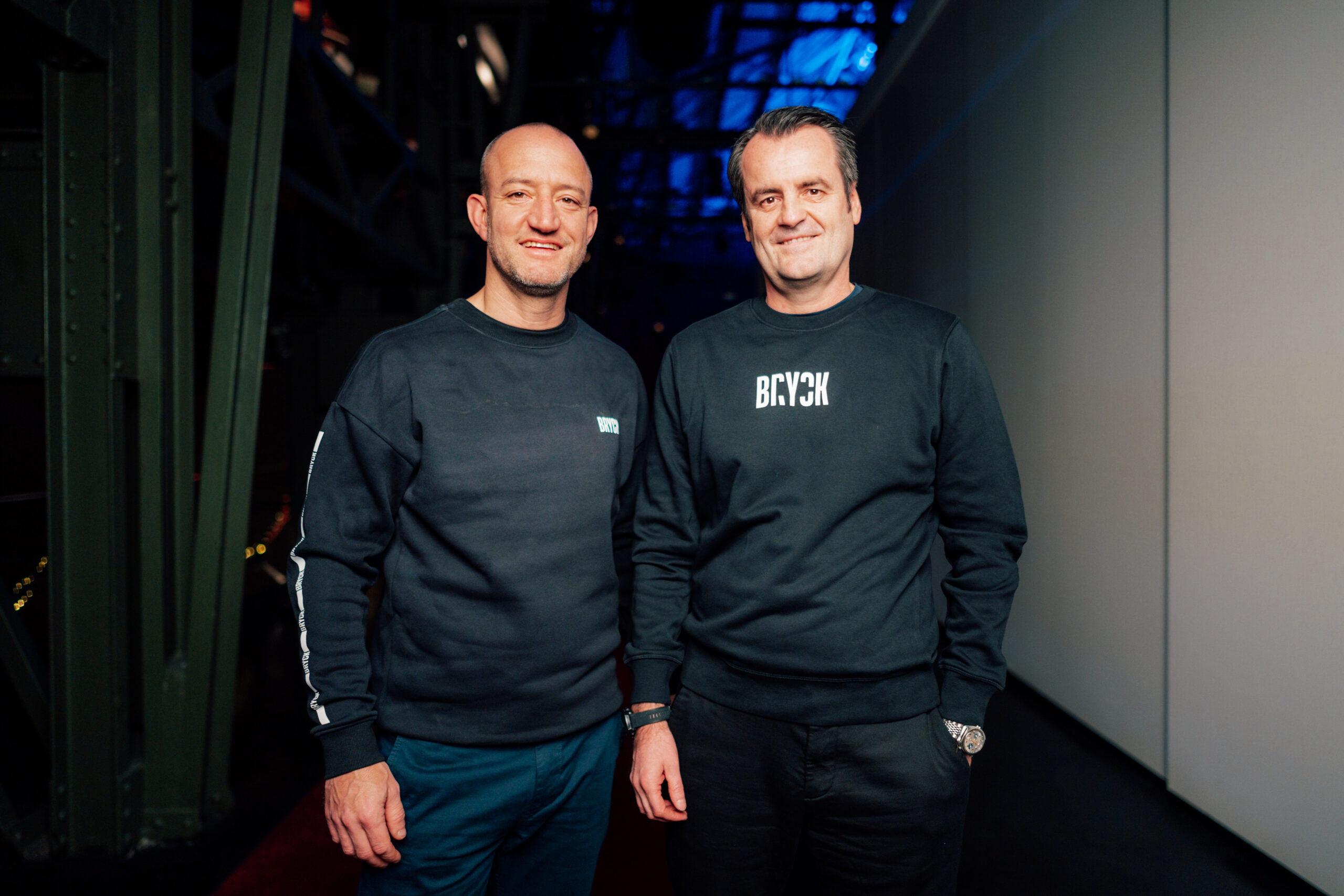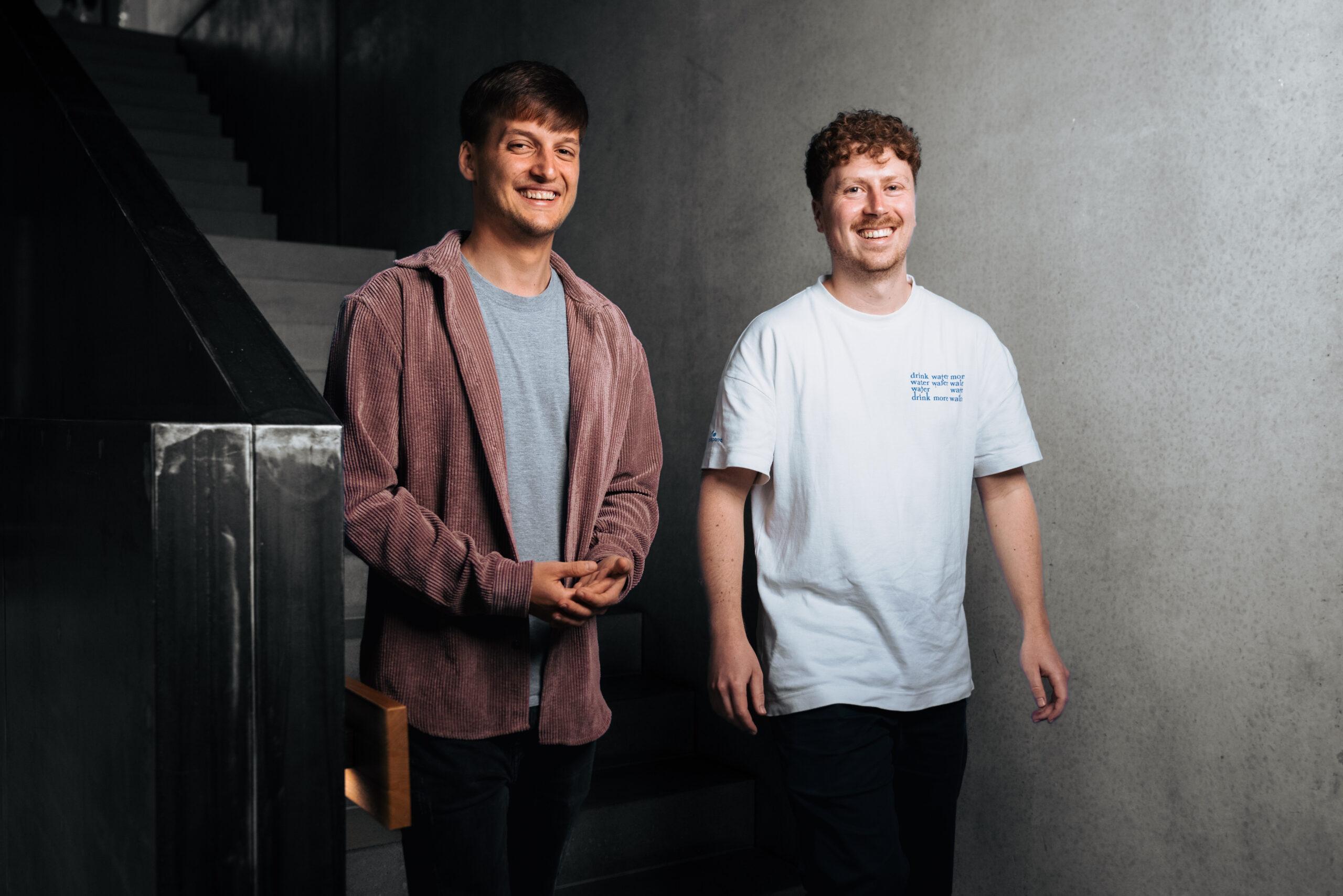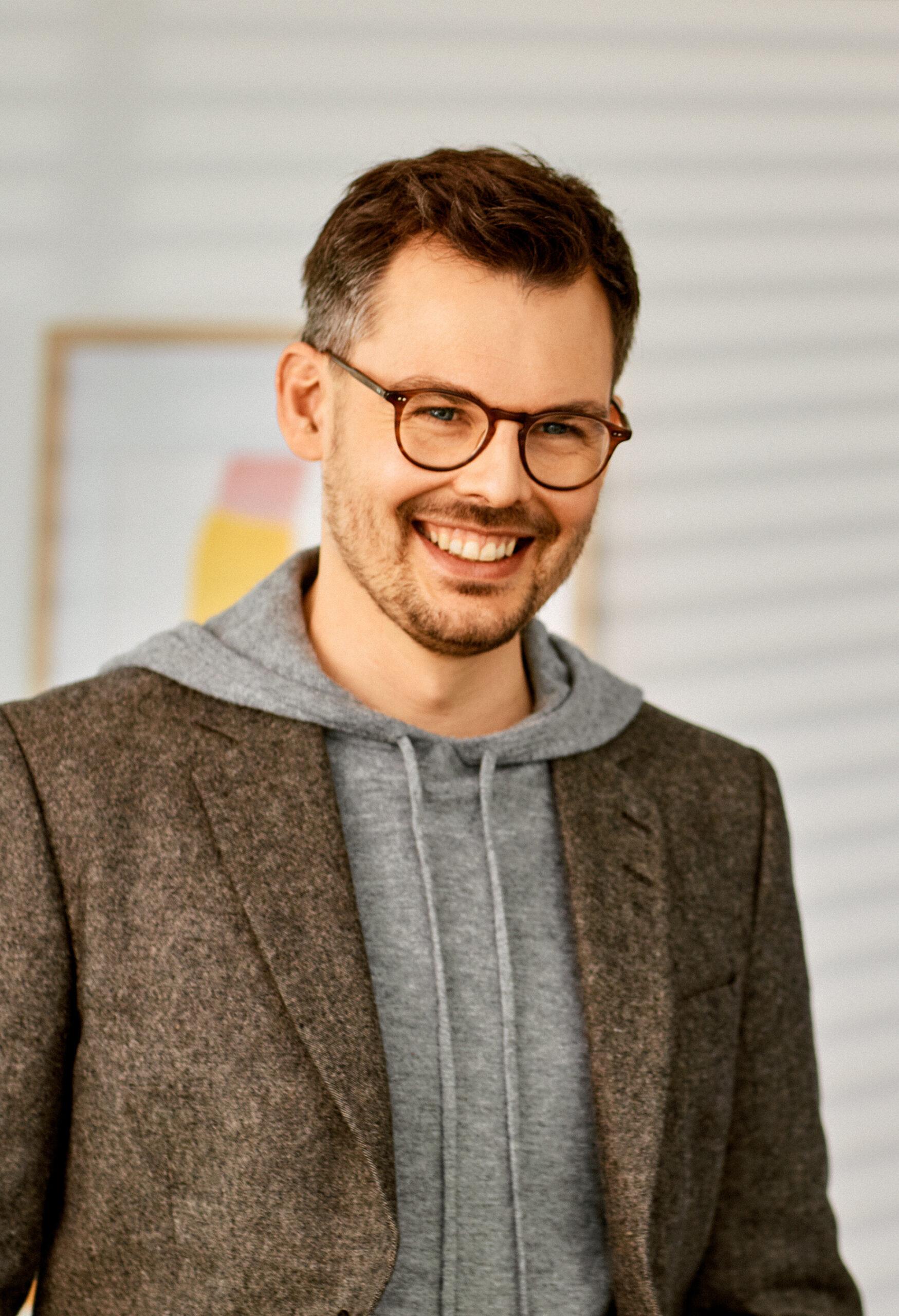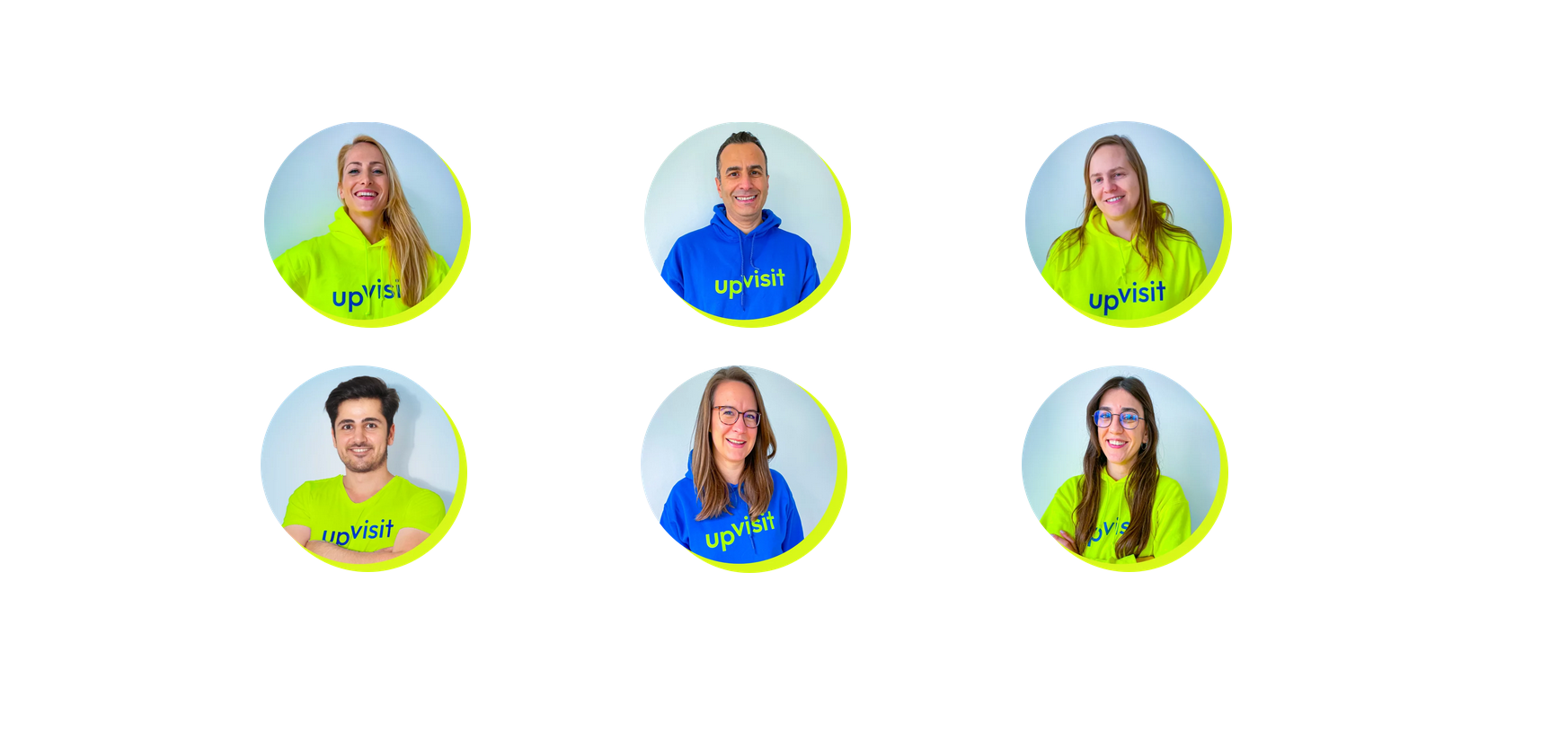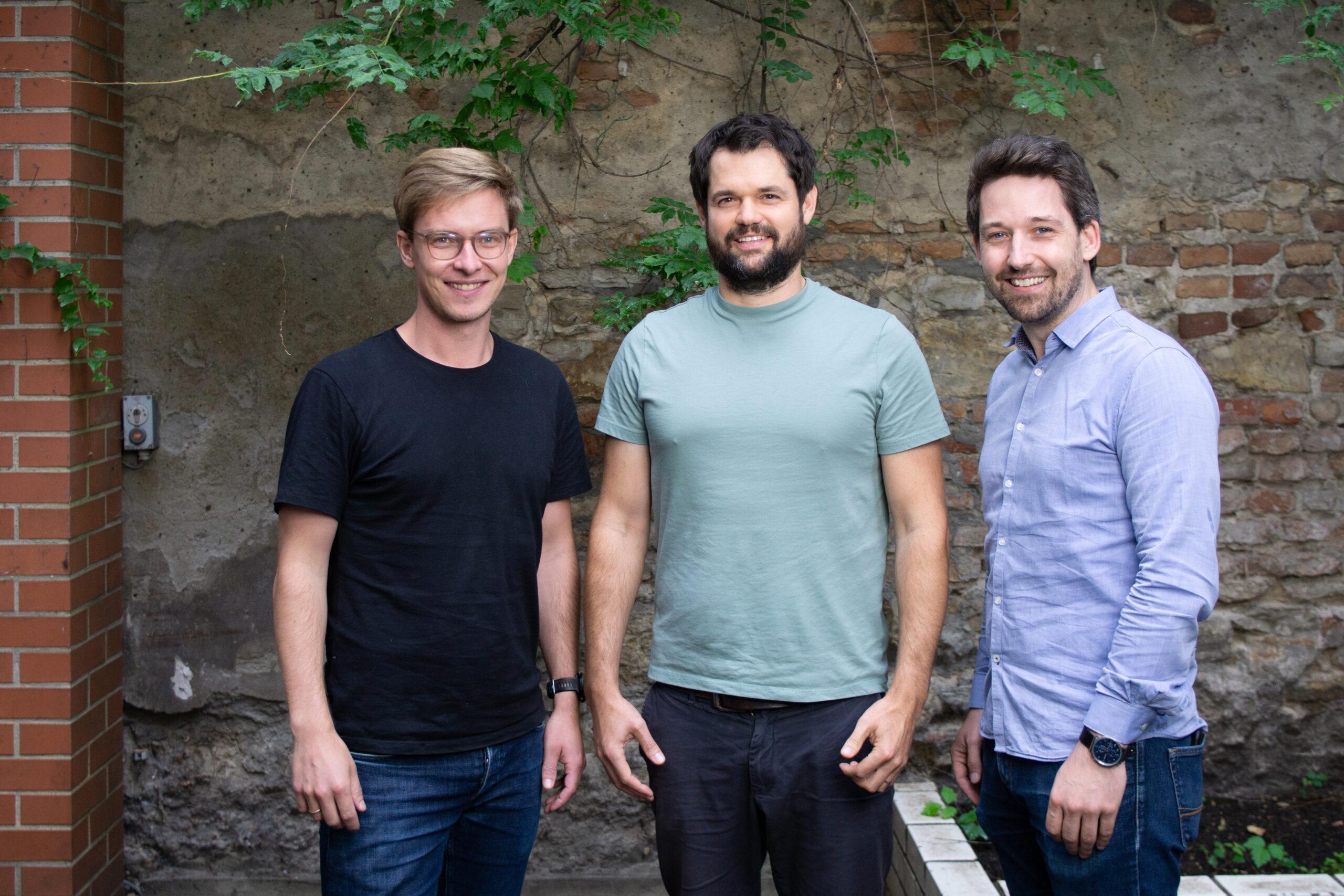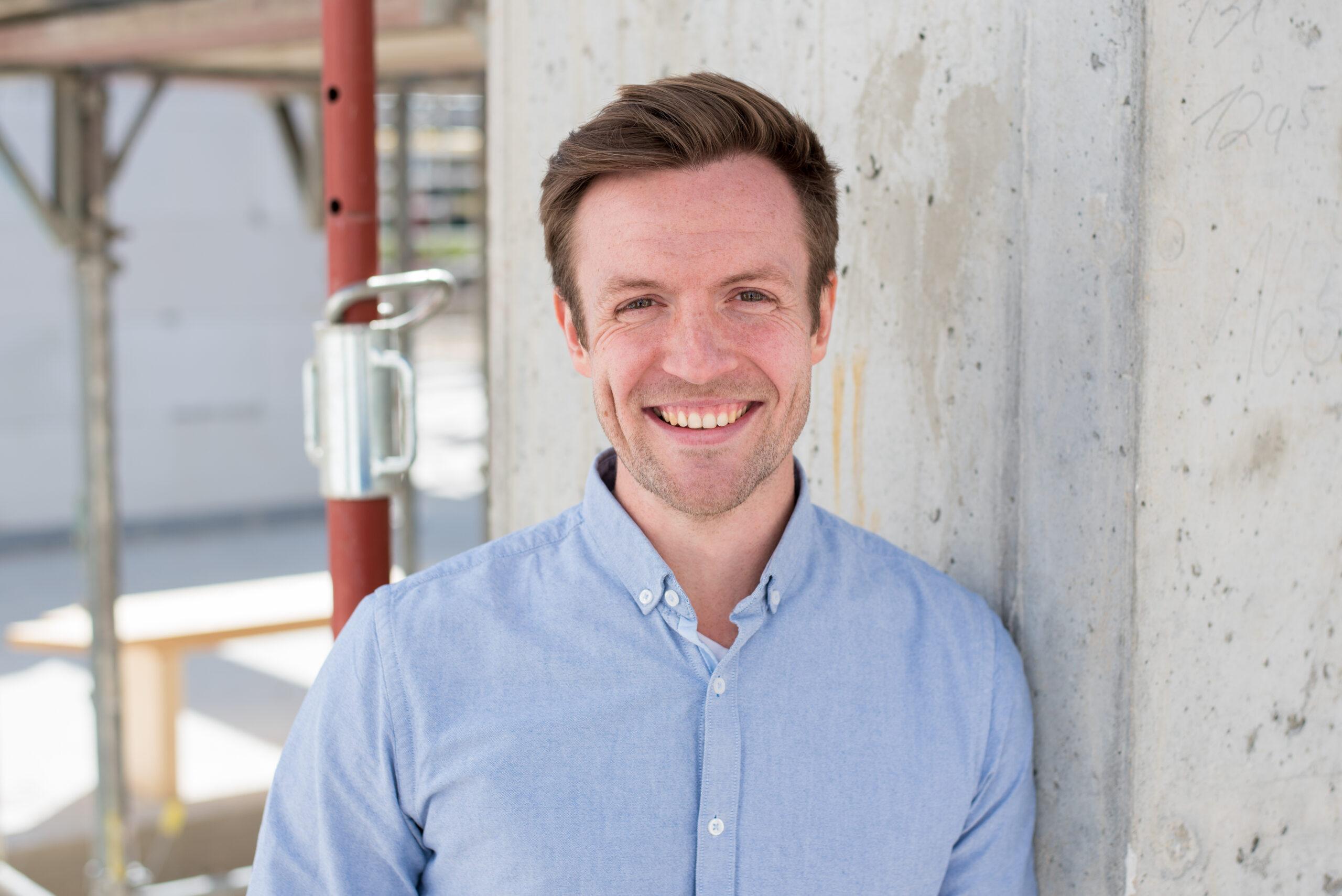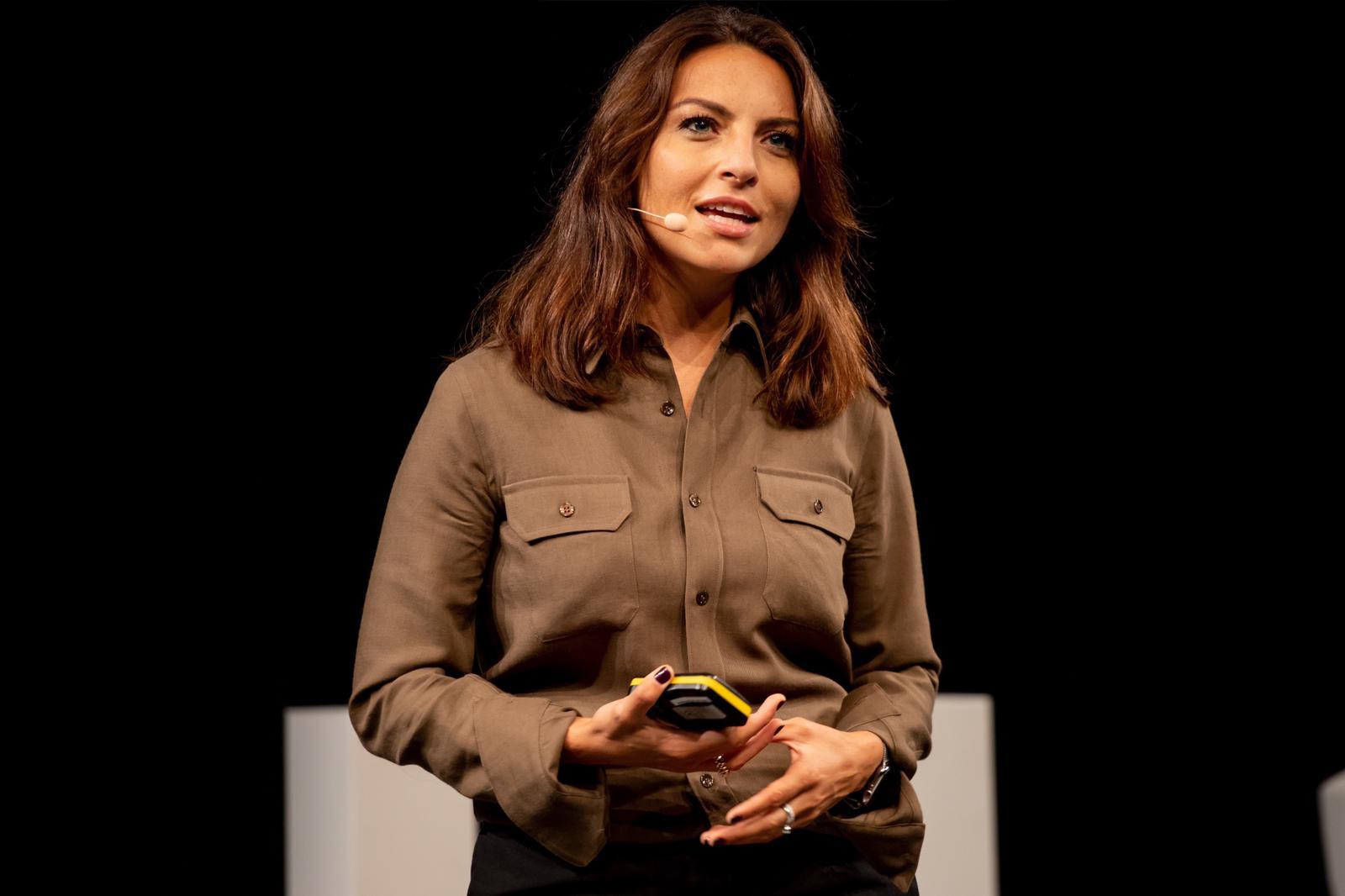This trio wants to popularize sign language
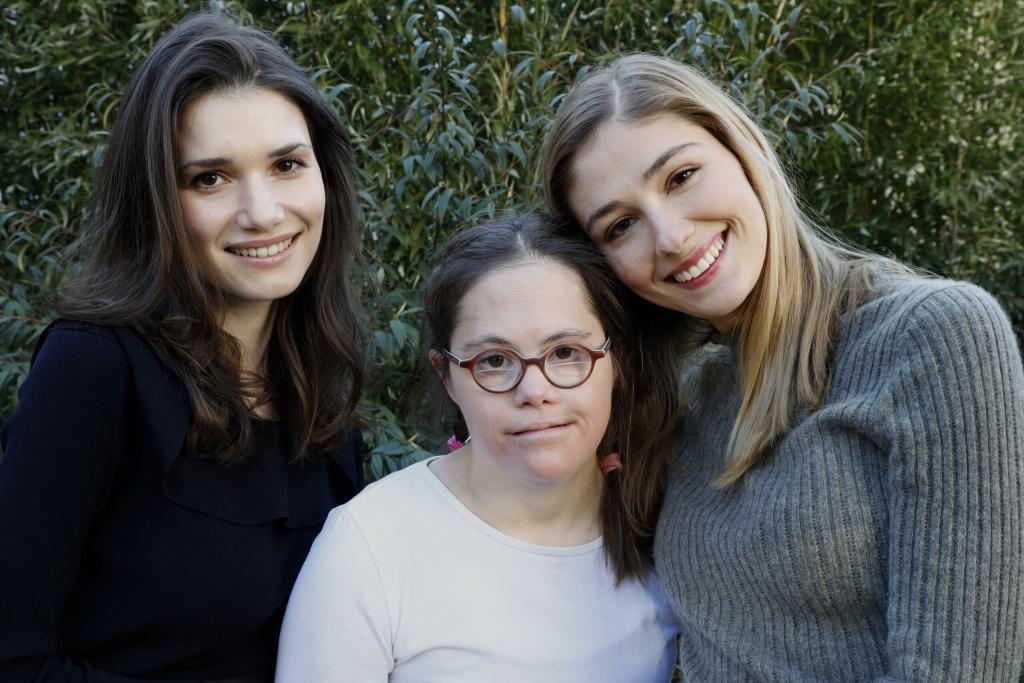
talking hands emerged from a student project and aims to reach a large audience with flipbooks of all things. The idea came about because the sister of one of the founders has Down's syndrome.
Jeanne-Marie Mohn doesn't want to speak in front of the camera that day and disappears into the background. She has thrown the hood of her pink sweater over her head and eagerly grabs flipbook after flipbook. The source of inspiration for the start-up of her sister Laura Mohn and co-founder Maria Möller is just a little shy this afternoon.
Jeanne-Marie has Down's syndrome. She doesn't always feel comfortable when conversations take place via video call, explains Laura Mohn, who is sitting with her co-founder in front of a colorful billboard in her parents' basement. They have a second office at Goethe University in Frankfurt, where they are part of the "Unibator" funding program.
In October 2020, they founded talking hands, a start-up that aims to popularize sign language with the help of flipbooks in order to ensure better inclusion in the long term. One sign per book runs like a short movie. Children and adults should be able to learn to sign in this way. They have already sold around 10,000 of these flipbooks since December 2020 and 13,000 more are currently being printed.

The inspiration for all of this was Jeanne-Marie, the shy sister who is sorting and working while preparing a few boxes for dispatch during the video call. When Laura Mohn was looking for a final project for her degree in communication design, she realized, thanks to her sister, that although there were flashcards and learning videos for learning sign languages, neither was ideal, not playful enough to really want to learn it. "It just wasn't fun, or you were sitting in front of a screen the whole time," says Laura Mohn.
After a few weeks of research, she came across the flipbooks and had some prototypes produced and filmed children at a daycare center (Kita) using them so that they could use them in their work. "The feedback from the daycare center management was very good and I was asked if I could do this for other daycare centers," Mohn recalls.
She went on to win prizes with the idea, including the Future Award, and got her friend Maria Möller on board. Together they founded talking hands. Möller is now responsible for the organization and planning, while Mohn concentrates primarily on design and Jeanne-Marie on packaging.
"We can only achieve inclusion if all children, with or without disabilities, can communicate with each other"
Maria Möller, co-founder of Talking Hands
They have currently translated 100 words into sign language as flip books, including mummy, daddy, help, toilet and other terms that toddlers include in their vocabulary. A third of the books are sold to educational institutions such as daycare centers, medical facilities such as speech therapy practices and private households. The books are available individually as well as in sets of 100 or 10. A flipbook costs 3.50 euros, with discounts available for large orders.
The two founders are particularly pleased with the interest in daycare centers, as many children learn at least the basics of sign language right from the start. "It's practically the first foreign language that the children learn," says Möller. In addition, studies show that by combining hearing and seeing or pointing, children without disabilities also learn the language more quickly. "We can only achieve inclusion if all children, regardless of whether they have a disability or not, can communicate with each other," says Möller.
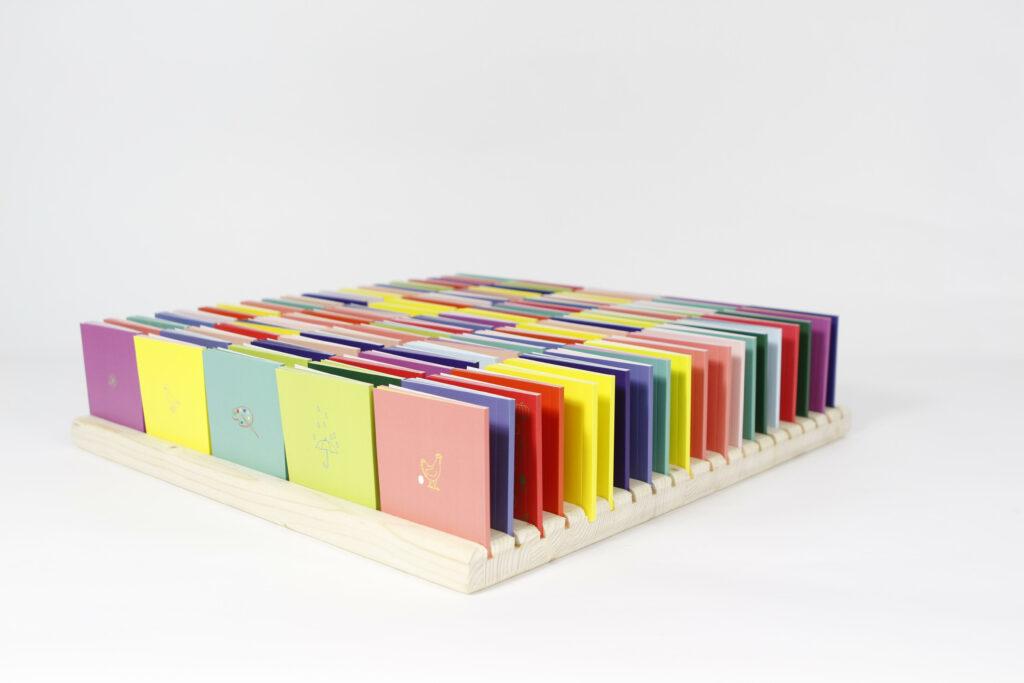
In the future, the two founders want to expand and pay particular attention to inclusive collaboration. For example, they are considering bringing Jeanne-Marie's friends onto the packaging team. "Jeanne-Marie, you'll be the boss when we get new employees," jokes Mohn with her sister. In the long term, the founders want to move out of their parents' basement and cooperate with a workshop for the disabled.
In addition to the flipbooks, they are currently planning an app for adults to learn sign language like a foreign language. They want to take inspiration from other apps that work with guessing games to make learning a little more fun.
They are currently financing the development of the app and the printing of the second edition of the flipbooks out of their own pockets, but are already working on financing, for example via a loan or a financing round. If that works, they could also imagine expanding into other countries in the long term. "But that's still a long way off," says Maria Möller. "We'll soon have to pack 13,000 flipbooks."

Newsletter
Startups, stories and stats from the German startup ecosystem straight to your inbox. Subscribe with 2 clicks. Noice.
LinkedIn ConnectFYI: English edition available
Hello my friend, have you been stranded on the German edition of Startbase? At least your browser tells us, that you do not speak German - so maybe you would like to switch to the English edition instead?
FYI: Deutsche Edition verfügbar
Hallo mein Freund, du befindest dich auf der Englischen Edition der Startbase und laut deinem Browser sprichst du eigentlich auch Deutsch. Magst du die Sprache wechseln?
